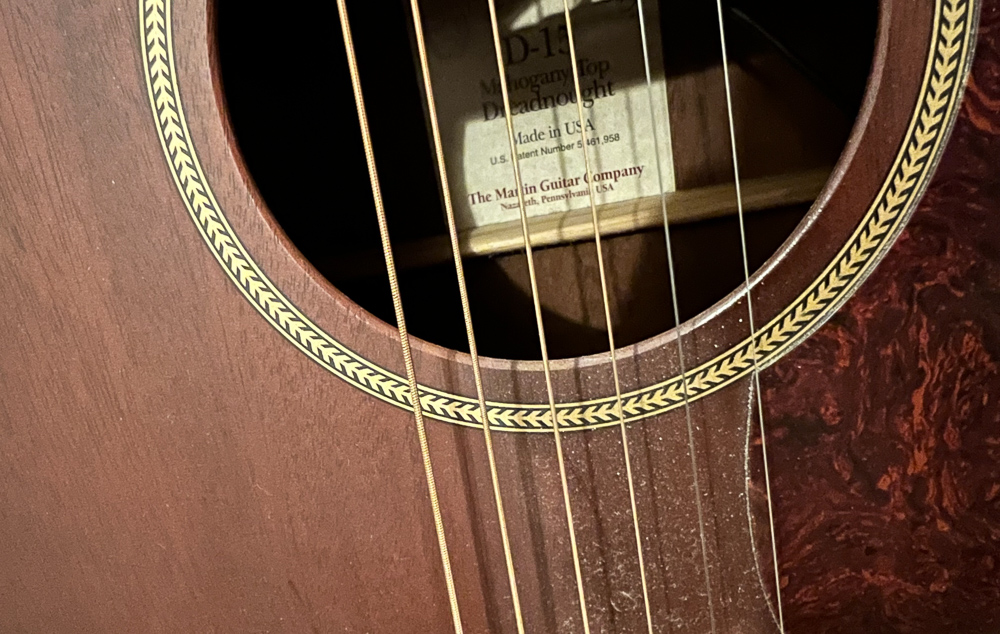In the world of wine, it’s normal to go to a wine producer’s website and then read ‘about us’, where that producer tells us their story. And for us journalists, when we are doing a gig we are often asked for our biography. I have several biographies that I’ve penned, in the third person of course (which sounds odd when you write it about yourself, pretending almost that someone else has).
It’s not an easy thing to do: to tell your story.
But it’s also an interesting exercise. What is your own narrative? You have to choose one, out of many possibilities. They can all be different, yet at the same time all true.
This raises interesting questions about how we see ourselves. It even touches on some important psychology. Retelling our story – casting the narrative of ‘us’ afresh – is a route to healing; a route to transformation. We can tackle negative beliefs about ourselves.
We have an internal narrative – a set of stories about how the world around us works – and it is through the lens of this narrative that we interpret reality. This filtering of experience, and the process of fitting it into our own internal story framework, gives each of us a unique perspective on the world. To some degree we share our worldview with our friends and family, but many aspects of it are personal to us.
There’s a nice story that touches on this from the world of sport. John Lambie, who was the manager of Scottish football club Partick Thistle, is credited with a well-known sporting quote. On being informed by his medical team that one of his players was concussed to the extent he couldn’t remember his own name, Lambie replied, ‘Tell him he’s Pele and get him back on.’ [For the benefit of readers who know nothing about football, Pele is the most famous player of all time.]
I think it’s a helpful exercise to try to tell our own story, but in a number of ways – all the time, looking in, seeing it from how an outsider might.
If you are a wine producer, then telling your story like this might help you better define your objectives, and refine your practices. We can’t be all things: we need to decide what we are about, what we stand for, and then what sort of things ‘are us’, and what sort of things ‘aren’t us’.
For a retailer or importer, doing this might make decision-making easier. For a journalist, it might help them focus their work priorities.
But whatever the motivation, I think it is a good thing to consider telling your story, even if it is just to yourself.
Reminder: this blog is irregularly updated, but there are daily updates on the main wineanorak site.



